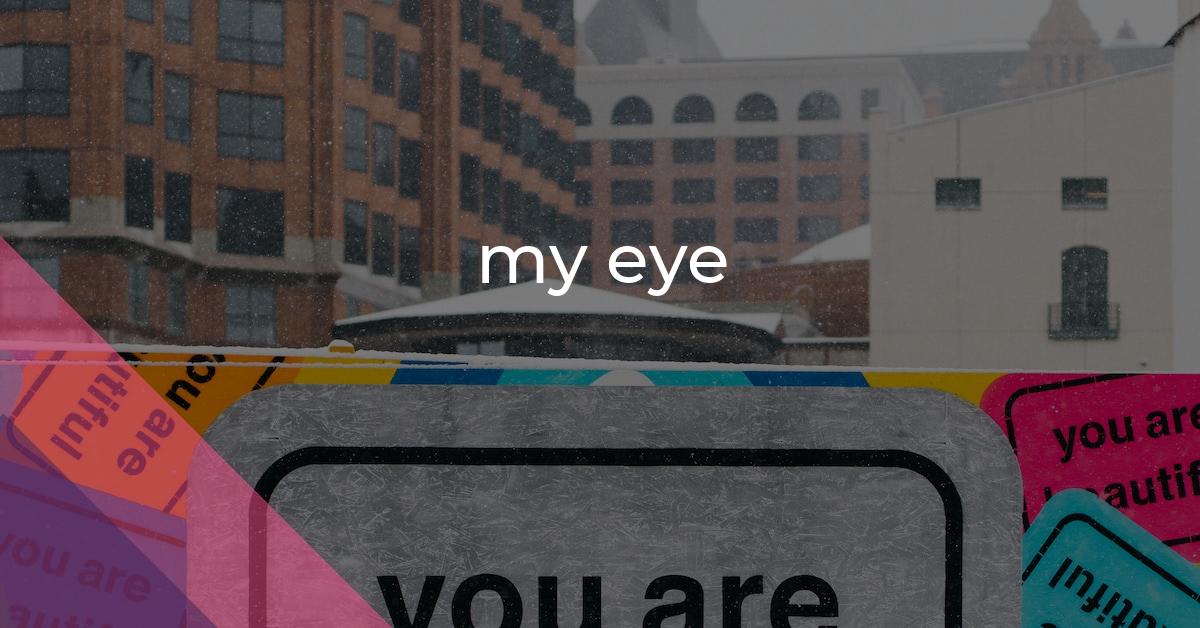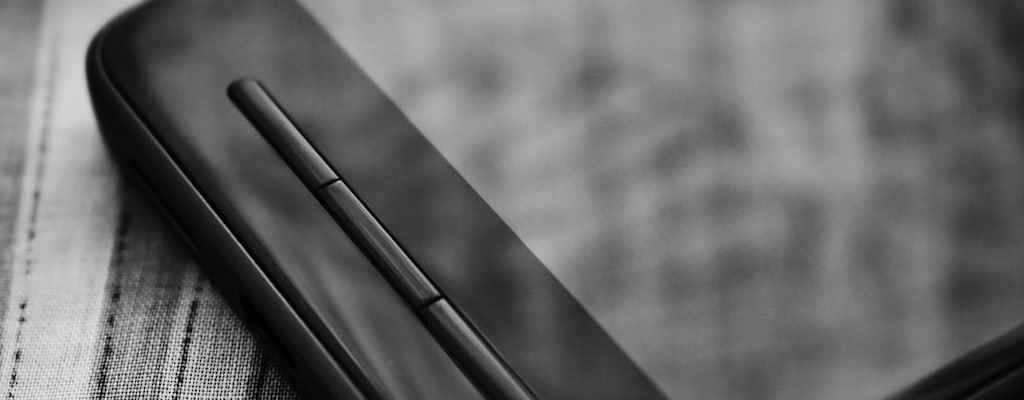my eye: Idiom Meaning and Origin
What does ‘my eye’ mean?
The idiom my eye is used to express disbelief or rejection of a statement or claim.

Idiom Explorer
The idiom "stink eye" refers to a disapproving or scornful look, often accompanied by a glare or intense gaze. It is typically used to convey strong negative emotions or to show extreme contempt or displeasure towards someone or something.
The idiom "roll one's eyes" refers to the action of moving one's eyes upward or to the side in a way that shows annoyance, disbelief, or disapproval towards something or someone.
The idiom "my word" is often used to emphasize that what someone is saying is true or reliable, emphasizing their trustworthiness and integrity.
The idiom "my foot" is used to express disbelief or disagreement with something someone has said or suggested.
The idiom "my bad" is used to apologize for one's mistake or take responsibility for a blunder. It acknowledges personal fault or error in a casual and colloquial manner.
"My arse" is a colloquial expression used to express disbelief or refute a statement with a strong tone of sarcasm or mockery.
The idiom "more than meets the eye" means that there is more to something or someone than what is initially visible or apparent.
The idiom "mark my words" is used to emphasize the importance or truthfulness of what one is saying, urging the listener to pay close attention and remember what is being stated.
Behind the Gaze
An Idiom is a word or phrase that has a figurative meaning, different from its literal meaning. One such idiom is "my eye".
The idiom "my eye" is used to express disbelief or skepticism towards a statement or situation. It indicates that the speaker does not accept or believe something that has been said or presented.
The origin of the idiom "my eye" can be traced back to the early 19th century, specifically the slang of Cockney speakers in London, England. It first appeared in written form in the 1824 edition of Pierce Egan's "Life in London", where it was used to express doubt or disbelief.
The exact reason behind the choice of the word "eye" in this idiom is uncertain. Some theories suggest that it may have derived from the idea of scrutinizing a statement or situation with one's eyes. Others propose that it may have been influenced by the symbolic associations of the eye with truth and perception.
The idiom "my foot" is a related expression that is used to indicate disbelief or rejection of something. It is similar to "my eye" in meaning and usage. For example, if someone says they can run a marathon in under two hours, you might respond with "my foot!" to express your disbelief.
Another related idiom is "in a pig's eye", which is used to express extreme disbelief or skepticism. It suggests that what has been presented or claimed is highly unlikely or impossible. For instance, if someone says they won the lottery five times in a row, you might respond with "in a pig's eye!" to indicate that you don't believe them at all.
The phrase "believe one's eyes" is yet another idiom related to "my eye". It means to trust what one sees or witnesses. It is used when someone is surprised or amazed by something they see. For example, if you see a famous celebrity walking down the street, you might say "I can't believe my eyes!" to express your astonishment.
Finally, the idiom "stink eye" is also related to "my eye". It refers to a hostile or disapproving look given to someone. It is often used when someone is glaring at another person to convey their resentment or displeasure. For instance, if someone cuts in line in front of you, you might give them the "stink eye" to show your disapproval.
The idiom "my eye" gained popularity over time and became commonly used in colloquial English, especially in informal conversations and humorous contexts. It can be found in literature, plays, and even in various forms of media, including films and television shows.
Although the idiom "my eye" is primarily associated with British English, it has also made its way into American English and is recognized and understood by English speakers in the United States.
The idiom "my eye" originated in London's Cockney slang in the early 19th century and is used to express doubt or disbelief towards a statement or situation. Its exact etymology and reason for using the word "eye" remain uncertain. However, its popularity and usage have extended beyond British English, making it recognizable to speakers of American English as well.
Example usage
Examples of how the idiom *my eye* can be used in a sentence:
- I won't believe it, not my eye!
- He claims to have seen a ghost, but I say it's all my eye.
- She is always telling tall tales, but it's just my eye.
More "Expression" idioms



